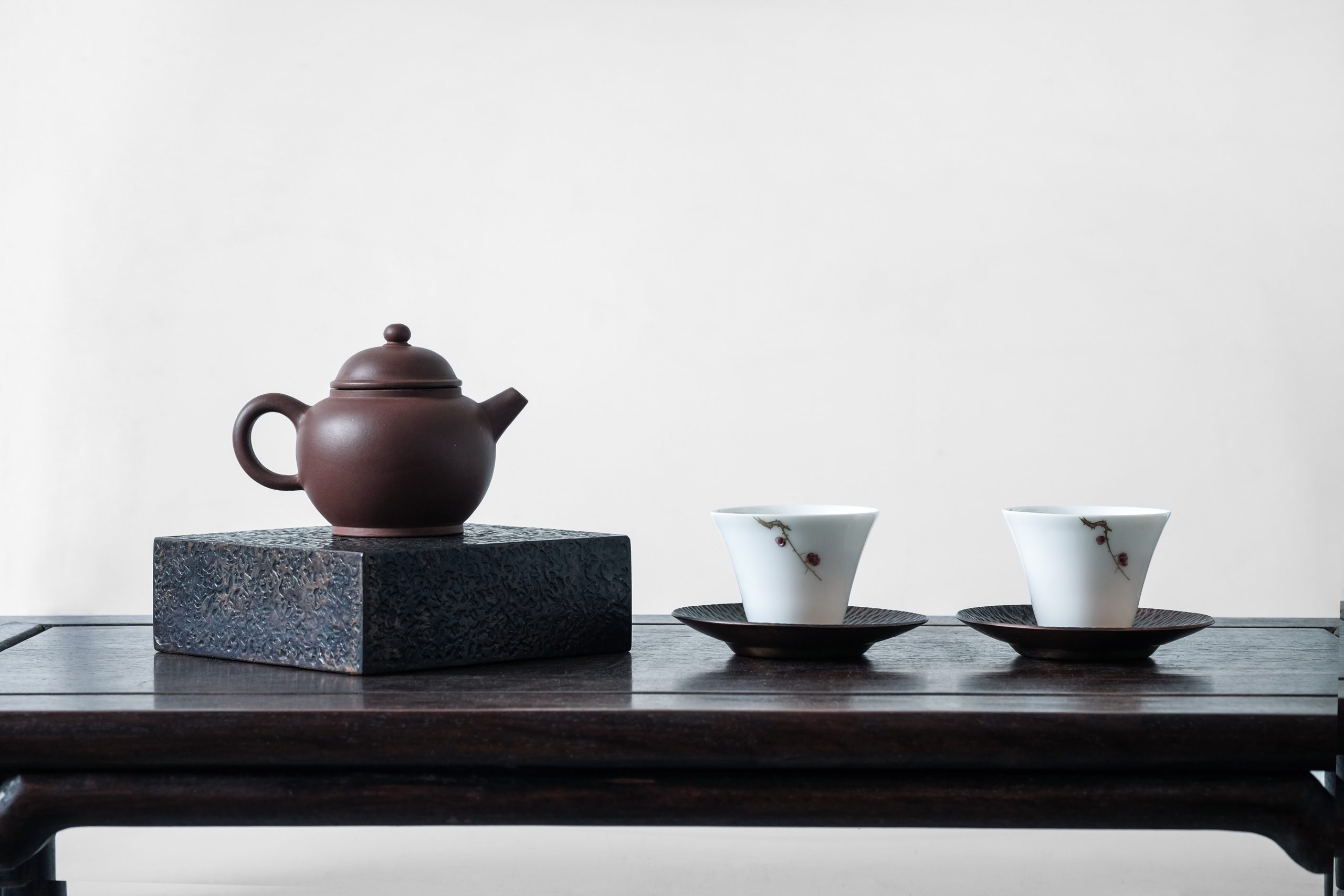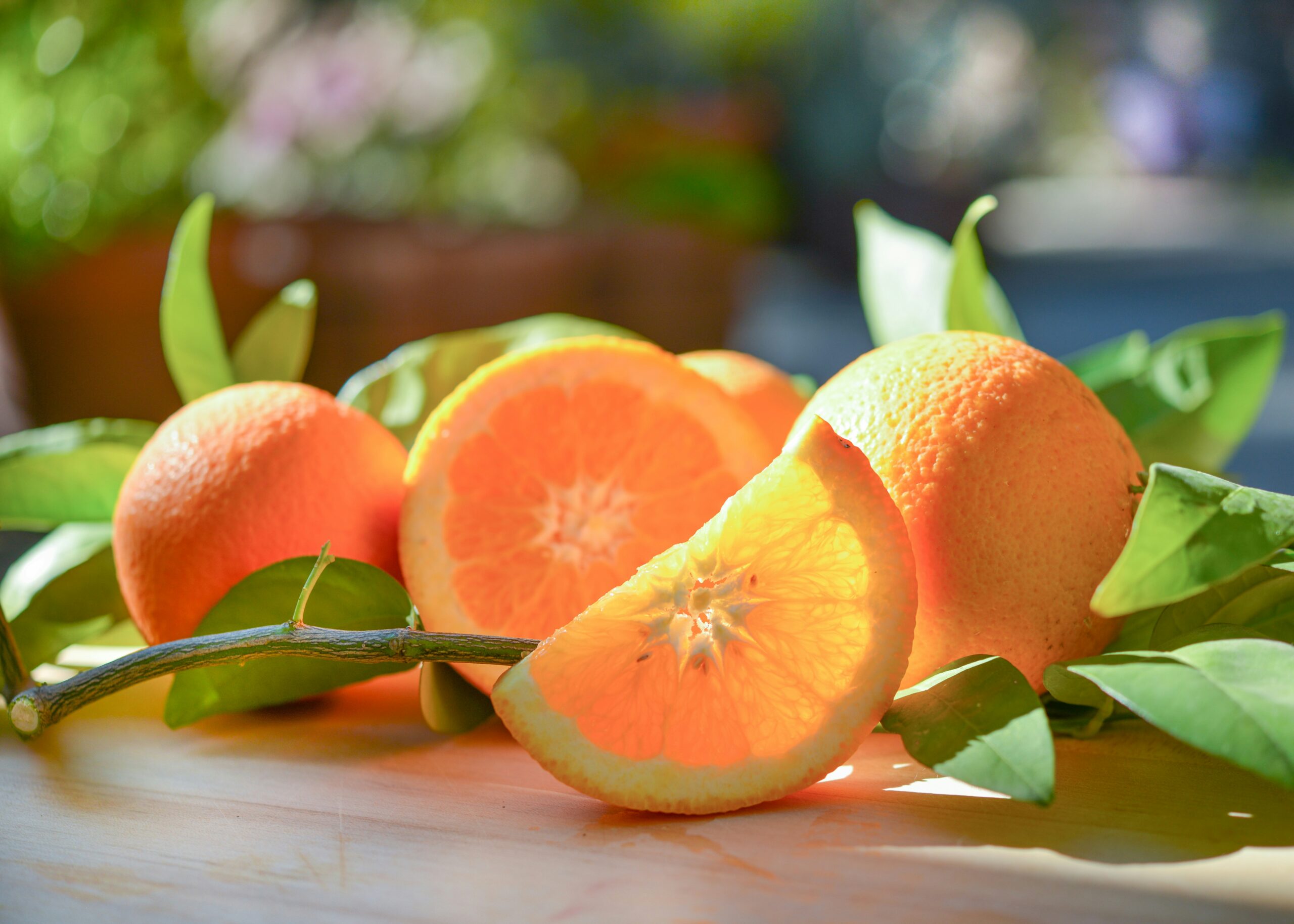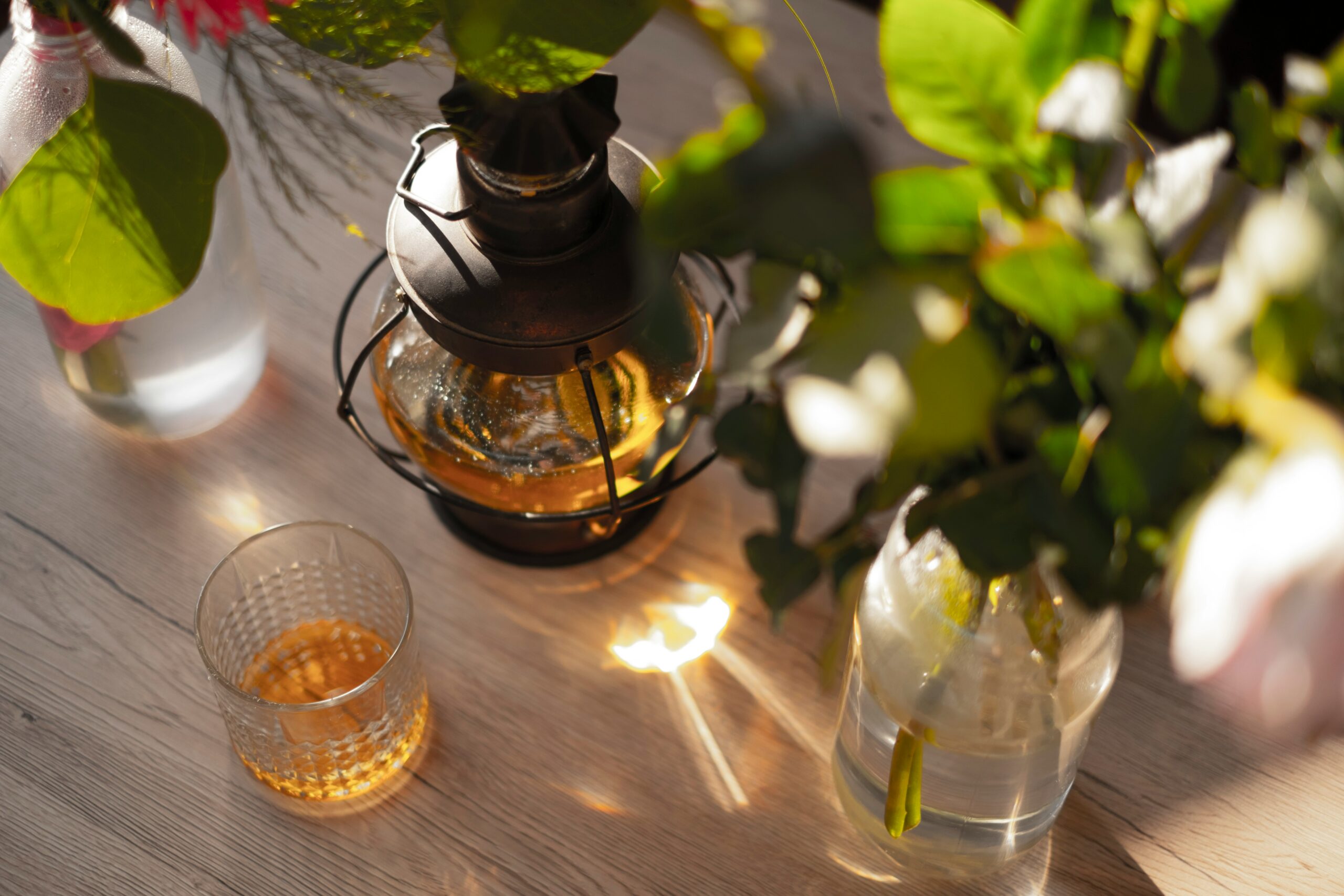What is Java tea from Java Island, Indonesia? An introduction from its history to delicious brewing methods
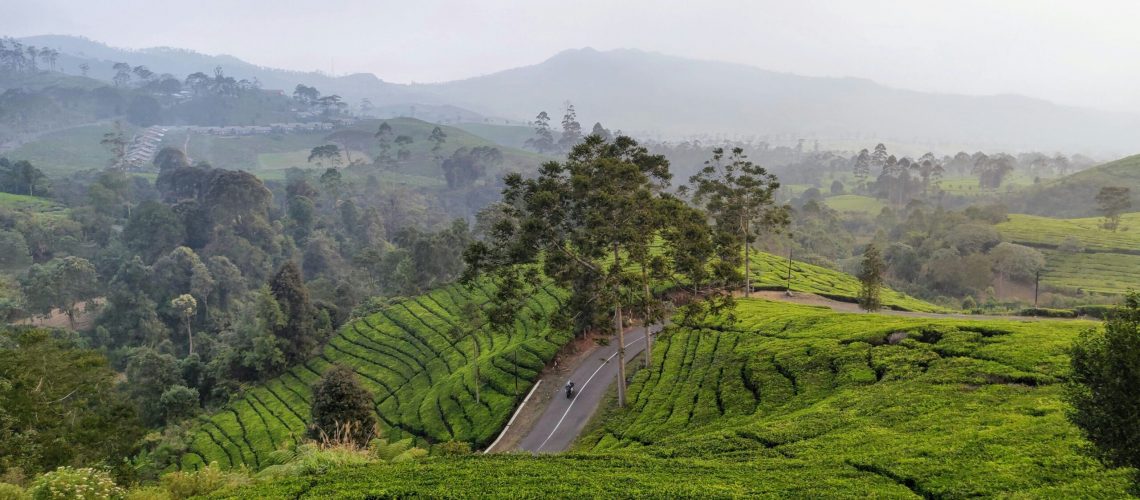
In the world of black tea, there are various regions and types, each with its own distinctive flavor and history. This time, we will focus on ‘Java tea’ produced on Java Island, Indonesia, and provide a detailed introduction to its history, characteristics, and delicious brewing methods.
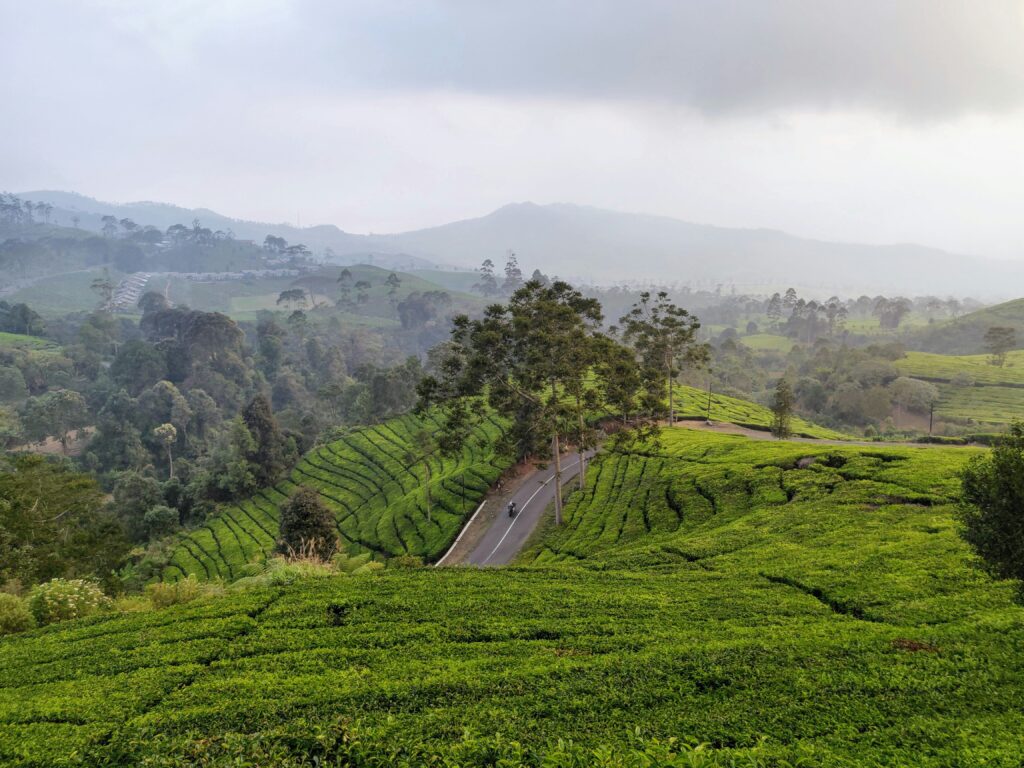
The history of Java tea
Java tea is a black tea produced on Java Island in Indonesia, with a unique history. On Java Island, tea cultivation began in the late 17th century during the Dutch colonial period, with tea plants imported from China. However, large-scale tea cultivation as an industry did not start until the introduction of Assam tea in the late 19th century. The cultivation of Java tea is primarily located in the highland regions of West Java, where it is produced at elevations exceeding 1500 meters. Despite the high altitude, tea is cultivated in relatively flat areas with gentle slopes, as seen in the above photo.
Java tea production temporarily declined due to the destruction of tea plantations during World War II and the Indonesian National Revolution, but it was revived in the 1970s with support from the World Bank and technical guidance from Sri Lanka. Today, Java tea is consumed domestically in Indonesia and is also exported.
Characteristics and flavor of Java tea
Java tea is characterized by its light taste and mild astringency. It has a flavor similar to Ceylon tea from Sri Lanka and is popular as a tea to enjoy with meals due to its refreshing aftertaste. Java tea leaves are produced in forms such as BOP (Broken Orange Pekoe) and CTC (Crush, Tear, Curl), with stable quality and consistent global recognition.
Java tea in Japan
In Japan, Java tea is not very prominent, but the bottled beverage “JAVA TEA” uses Indonesian black tea and is based on Java tea, as the name suggests. On the other hand, Java tea’s main export destinations are China and Russia, where it is widely consumed. Java tea is valued for its light taste in many countries and has established a unique position in the black tea market.
**What dishes pair well with Java tea?
Java tea, with its light flavor and refreshing aftertaste, pairs well with a variety of dishes. It particularly complements spicy Indonesian dishes and fried foods, as its astringency and refreshing quality enhance the flavors of the food. When paired with spiced dishes like nasi goreng or satay, Java tea refreshes the palate and lightens the richness of the food. It also goes well with lightly sweet desserts and fruits, making it a perfect choice for after meals.
Certainly! Here is the translation:
**”How to brew Java tea for hot tea:
- Prepare the water: Boil water and warm the teapot.
- Amount of tea leaves: Add tea leaves to the teapot. Use about one teaspoon (approximately 2.5 grams) of tea leaves per cup (about 150 ml).
- Pour the water: Pour the boiling water over the tea leaves and cover the teapot.
- Steeping time: Steep for about one minute. Since Java tea leaves are fine, a shorter steeping time is generally recommended.
- Serve: After steeping, pour the tea into a cup. You can add milk or sugar if desired.
**How to brew Java tea for iced tea:
- Amount of tea leaves: Add tea leaves to the teapot. Prepare about 80 ml of water for each teaspoon (approximately 2.5 grams) of tea leaves.
- Steeping: Pour the water over the tea leaves and steep for about 2-3 minutes, which is about twice the steeping time for hot tea.
- Quick cooling: Immediately after steeping, add an equal weight of ice to the tea to quickly cool it down.
- Serve: Pour the chilled tea into a glass with ice.
How about enjoying Java tea with Indonesian cuisine on a hot summer day?”**
おすすめ記事
最新記事

著者情報/ teploについて

teploは「美味しいお茶を世界中に届ける」というミッションを掲げるお茶のブランドです。
お茶メディアの運営、茶葉の買付・販売、お茶の抽出機の開発・販売、飲食店にむけたお茶のメニュー開発・レシピ開発等を総合的にサポートしています。
teploのメールマガジンに登録
お茶に関する旬な情報や豆知識を漏れなく受け取りたい!そんな方は以下の登録フォームでメールアドレスをご登録ください。
teploから最新の情報をメールマガジンでお送りいたします。
(※1) プライバシーポリシーを必ずお読みいただき、ご同意の上、登録してください。
(※2) info@load-road.comおよびhello.japan@load-road.comからのメールが受信できるようにご設定ください。
